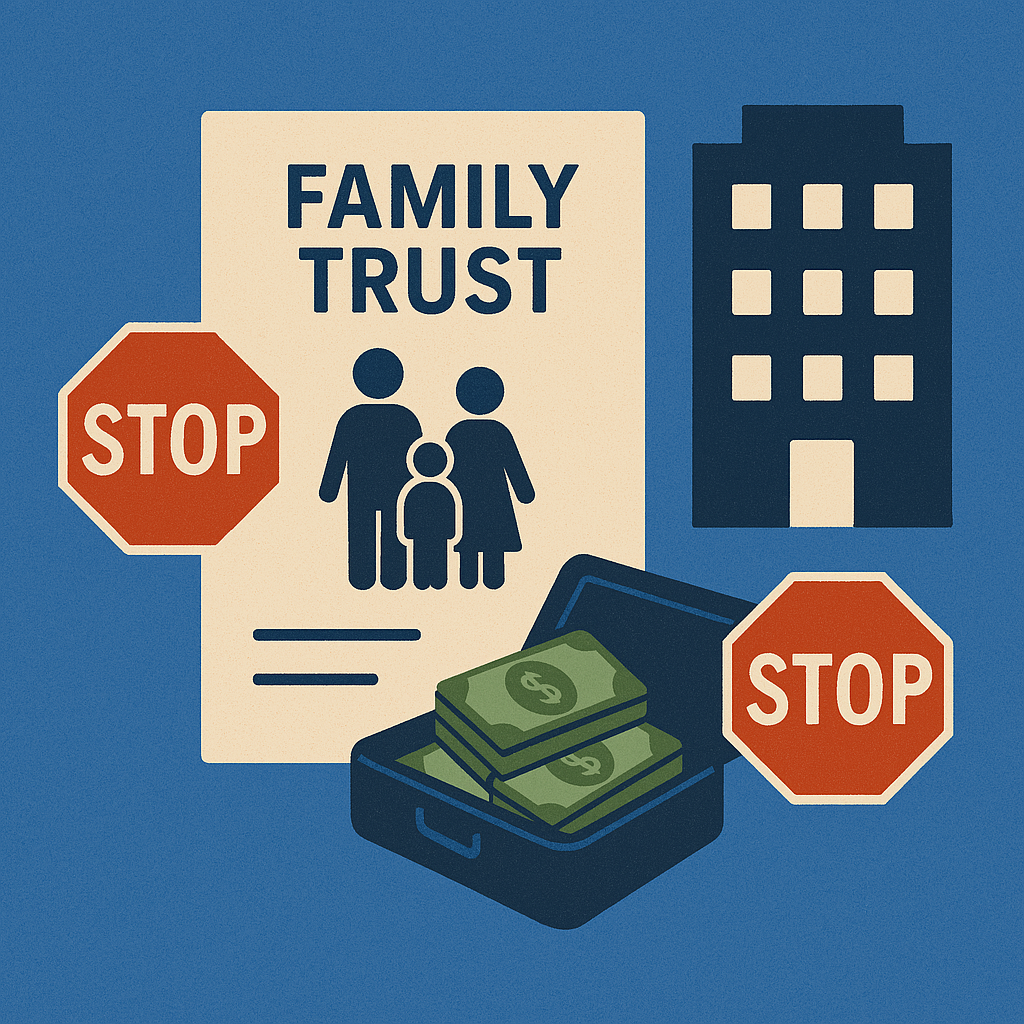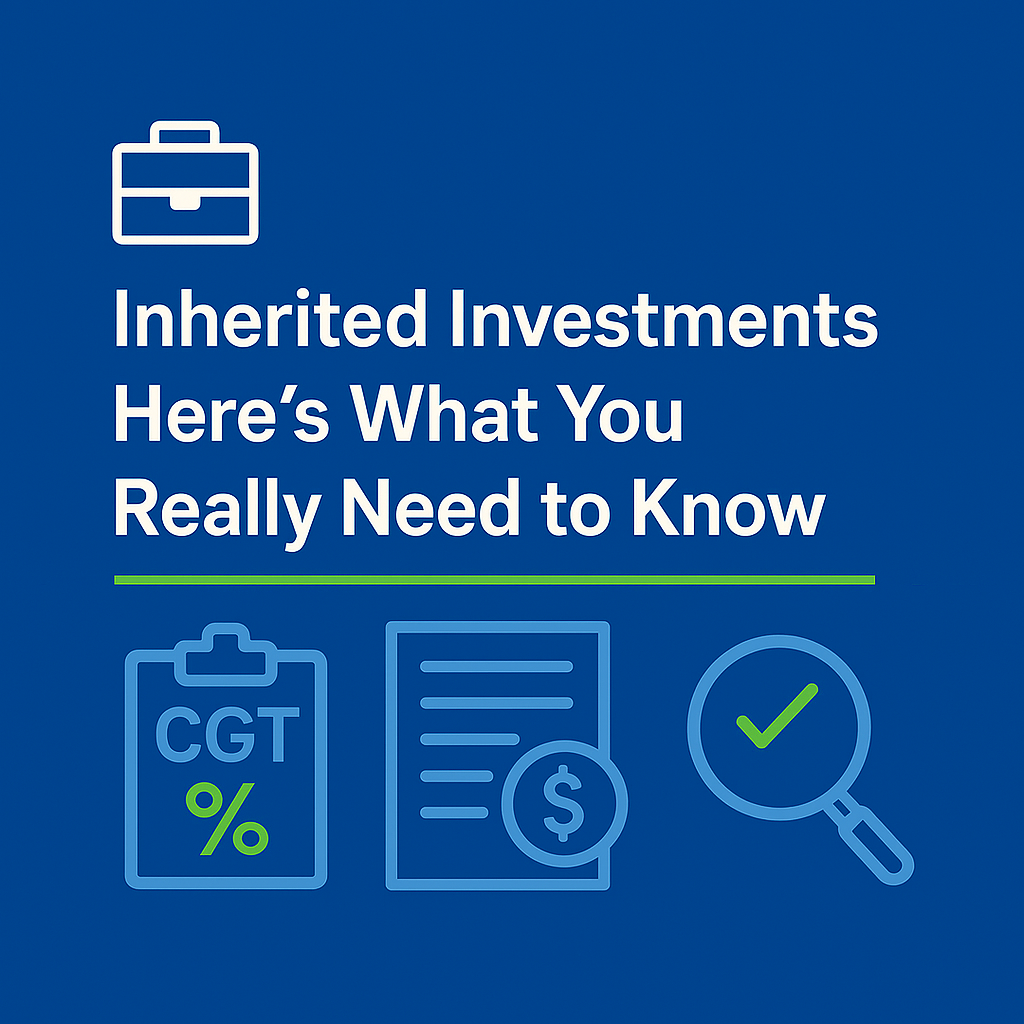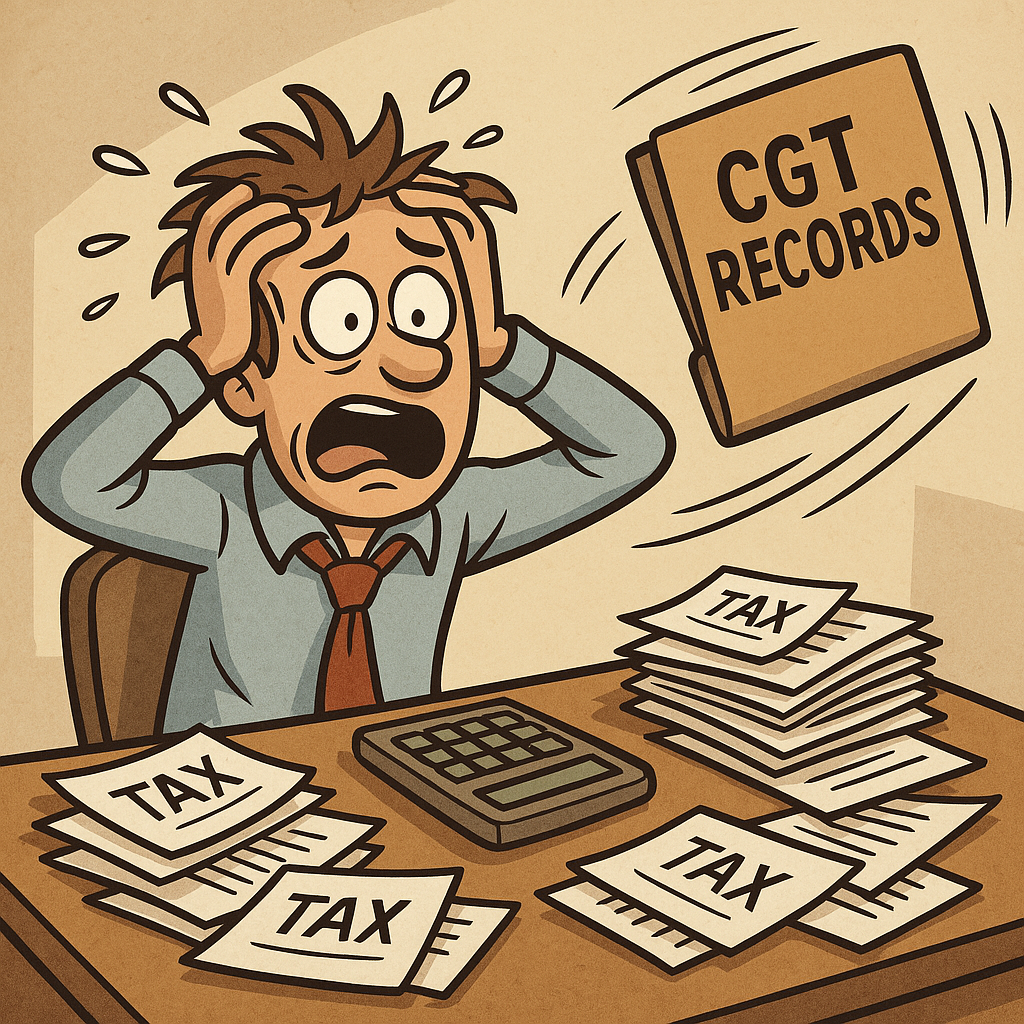Super and hardship ... A safety net in financial difficulty
Superannuation is often seen as untouchable savings for retirement, but did you know it can also be a lifeline during financial difficulty? While super is designed for retirement, there are rules to allow it to provide financial support in several situations. Let’s explore these rules and how super might offer relief in times of crisis.
Accessing super on compassionate grounds
If you're dealing with specific expenses that you simply can’t afford, you may be able to access your super on “compassionate grounds”. This option allows you to withdraw a lump sum to cover certain expenses, which may include:
- Eligible medical treatment or associated transport costs
- Modifications to your home or vehicle to accommodate a disability
- Palliative care for yourself or a dependent with a terminal illness
- Funeral expenses for a dependent
- Preventing the foreclosure or forced sale of your home
There is no set limit on how much super you can access under compassionate grounds, except when it comes to mortgage relief which is restricted to the sum of 3 months repayments and 12 months of interest on the outstanding balance of the loan. Mortgage relief only applies to principal homes and not investment properties.
To apply, you’ll need to submit your application to the Australian Taxation Office (ATO). This can be done online through myGov or by requesting a paper form from the ATO. This process also applies to individuals with a self-managed super fund (SMSF). SMSF trustees also require the ATO’s approval before accessing their super early under compassionate grounds. Once approved, you’ll need to provide the approval letter to your super fund to facilitate the release of funds. Keep in mind that tax may apply to your withdrawal.
Severe financial hardship
If you do not qualify for an eligible expense under “compassionate grounds” but are struggling financially and receiving a Centrelink income support payment, you may qualify to access your super under severe financial hardship. The rules for this depend on your age:
If you’re under 60 and 39 weeks: You can make one withdrawal of up to $10,000 in a 12-month period if:
- You’ve been receiving an income support payment (like JobSeeker Payment) for at least 26 continuous weeks, and
- You can’t meet immediate and reasonable family living expenses, such as mortgage repayments.
If you’re older than 60 and 39 weeks: There are no limits on the amount you can withdraw if:
- You’ve received an income support payment for at least 39 weeks since reaching 60 years of age, and
- You’re not currently employed.
For those in this category, you may be able to access your full super balance.
To apply for early super release due to severe financial hardship, you’ll need to contact your super fund directly, as they are responsible for assessing your claim. The same rules apply to individuals with an SMSF, where trustees are legally required to evaluate member applications using the same severe financial hardship eligibility criteria.
Final thoughts
It can be reassuring to know that your super isn’t entirely locked away if you find yourself in financial difficulty. Whether it’s to cover urgent medical expenses, prevent losing your home, or simply make ends meet, these provisions can provide much-needed relief. Of course, accessing your super early means you’ll have less saved for retirement, so it’s important to weigh up your options carefully. Also keep in mind, tax may apply on your withdrawal.
If you are thinking of accessing your super due to financial difficulty, consider reaching out to your adviser who can help you navigate the process.











